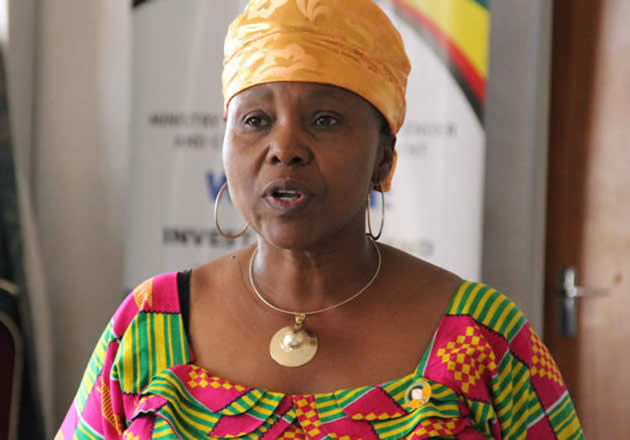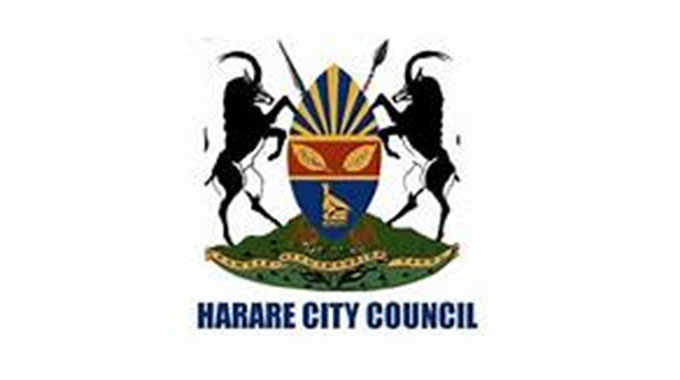Take VID to the people: Parliament


Cde Nduna
Walter Nyamukondiwa Chinhoyi Bureau
Decentralisation of road management services, particularly the Vehicle Inspection Department, should be expedited to ensure people in outlying areas are licensed to use the country’s roads, a parliamentary committee has said.
Coupled with the computerisation, mainly issuance of passenger insurance, the sector can generate more revenue for compassion disbursements in case of accidents and road safety awareness programmes.
Chairman of the Parliamentary Portfolio Committee on Transport and Infrastructure Cde Dexter Nduna said there are now more unlicensed motorists on the country’s roads.
“The majority of accidents we are having on the roads are due to human error and we think part of the reason is that there are a lot of unlicensed drivers on the roads,” said Cde Nduna.
“Decentralising road management systems such as the VID will help in reducing accidents because more of our people will be licensed.”
Computerisation, he said had shown its potential to rationalise the road management system and increase revenue for Government and Traffic Safety Council of Zimbabwe (TSCZ).
Since the computerisation of third party insurance, TSCZ has received about $10 million from the 12,5 percent levy.
The council had never made more than $300 000 in a single year before computerisation.
Cde Nduna said the committee had summoned Government to explain progress in computerisation of its various departments and functions.
“We have invited the minister responsible to explain why we cannot have the passenger insurance for buses and passenger vehicles computerised. He should come on May 3, 2017,” he said.
Once the function is computerised, he said, revenue will improve to ensure payouts for accident victims and their families is reasonably higher.
Meanwhile, the TSCZ has earmarked safety awareness and driver training programmes targeting rural and farming communities in a bid to reduce road accidents.
This is in view of an increase in the number of vehicles following Government’s broad-based economic empowerment programmes including land redistribution.
The country is losing at least five lives per day in road accidents against an average of three lives per day in other countries.
TSCZ Mashonaland West regional manager Mr Edward Tapfumaneyi said there was need to equip the rural folk on road safety and increase access to driver training services.
“We realise that most of our people now have cars including those in rural and farming communities who need safety awareness and driver certification,” he said.
“However, the services are not always easily accessible. So we have come up with a programme where we conduct training in localised areas.”
The programme involves traditional and community leaders, such as councillors, mobilising people for training.
Speaking at a meeting organised by TSCZ in the Nyamakate area of Hurungwe recently, Chief Chundu said people were contributing to road carnage by letting cattle stray into main roads while others were driving without licences.
“We welcome the initiative by the Traffic Safety Council of Zimbabwe to bring services closer to the people.
“It is difficult for someone to go to towns such as Karoi to get a licence,” said Chief Chundu.
Mr Tapfumaneyi warned farmers taking their produce to the market to ensure they use roadworthy vehicles, licensed drivers and to carry prescribed loads.
Villagers in Chief Chundu’s area called for improved signage at the Nyamakate road stretch where people are being knocked down by vehicles along the Harare-Chirundu Road.










Comments